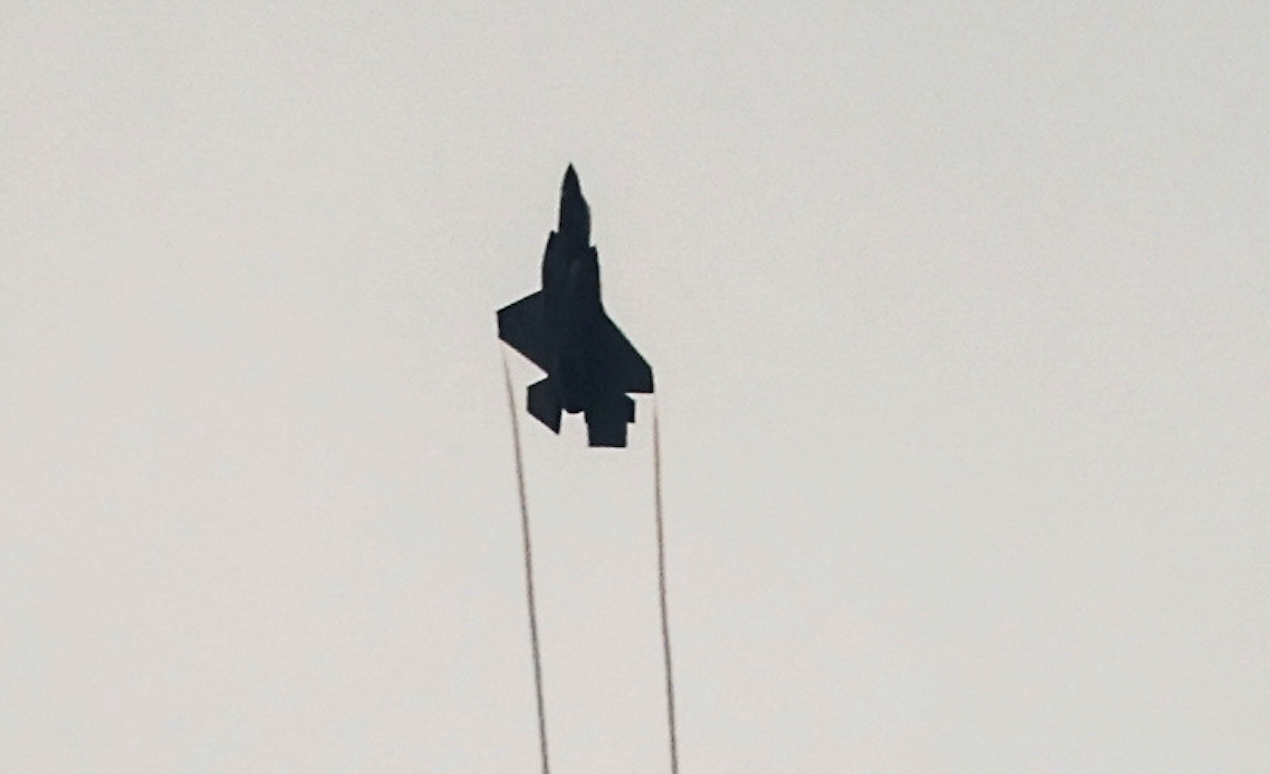
Russia denies US accusation it put anti-satellite weapon in space
PHOTO CAPTION: U.S. and Russian flags are seen printed on paper in this illustration taken January 27, 2022. REUTERS/Dado Ruvic/Illustration
By Guy Faulconbridge
MOSCOW (Reuters) -Russia's top arms control diplomat dismissed as "fake news" on Wednesday an assertion by the United States that Russia had launched a weapon into low-Earth orbit that was capable of inspecting and attacking other satellites.
The Kremlin has flatly denied assertions by U.S. officials that Moscow is developing a space-based anti-satellite nuclear weapon.
U.S. Space Command on Tuesday pointed to the launch earlier this month of a Soyuz rocket from Russia's Plesetsk launch site, saying it likely involved "a counterspace weapon presumably capable of attacking other satellites in low Earth orbit".
Russia's defence ministry said the May 17 launch had a spacecraft on board but gave no details what it was for.
"I don't think we should respond to any fake news from Washington," Russian Deputy Foreign Minister Sergei Ryabkov was quoted as saying by the Interfax news agency.
"The Americans can say whatever they want but our policy does not change from this," said Ryabkov, adding that Moscow had "always consistently opposed the deployment of strike weapons in low-Earth orbit".
President Vladimir Putin and then-defence minister Sergei Shoigu denied U.S. assertions in February that Russia was developing a space-based anti-satellite nuclear weapon designed to disrupt everything from military communications to phone-based ride services.
U.S. Space Command said the May launch, which it dates as May 16, included COSMOS 2576, a type of Russian military "inspector" spacecraft that U.S. officials have long said exhibits reckless space behaviour.
INTERNATIONAL LAW
Kremlin spokesman Dmitry Peskov declined specific comment on the U.S. assertion but said Russia acted in full accordance with international law.
"We are not violating anything. We have repeatedly advocated a ban on the deployment of any weapons into space. Unfortunately, our initiatives were rejected, including by the United States," Peskov told reporters.
U.S. intelligence agencies had been expecting the launch of COSMOS 2576 and informed allies of their assessment of the satellite before its deployment in space, according to a U.S. official familiar with the intelligence. The launch also included civilian satellites deployed to different orbits.
COSMOS 2576, as of Tuesday, has not gone near a U.S. satellite, but space analysts observed it to be in the same orbital ring as USA 314, a bus-sized NRO satellite launched in April 2021.
Ryabkov said Russia's space programme was developing as planned, including tasks aimed at strengthening defence capability but added that "this is also not news".
He said the United States was wrong to have dismissed Russian proposals on strengthening the security of space activities, including a proposal on developing a treaty on preventing an arms race in space.
(Reporting by Reuters; Writing by Guy FaulconbridgeEditing by Andrew Osborn and Gareth Jones)









